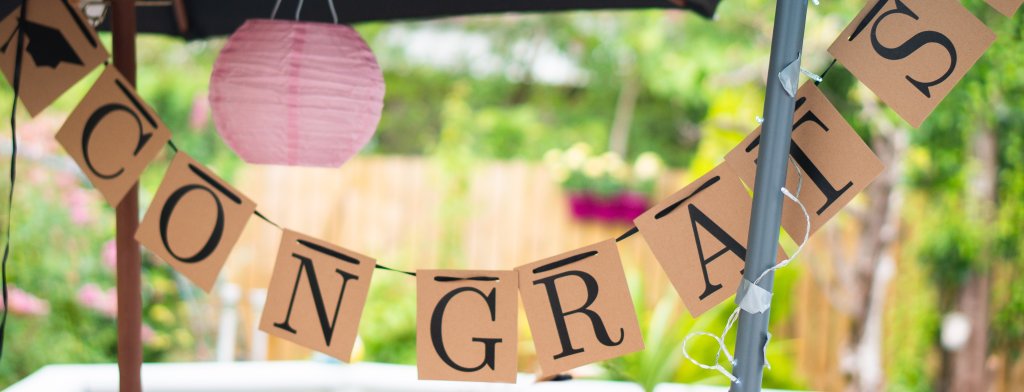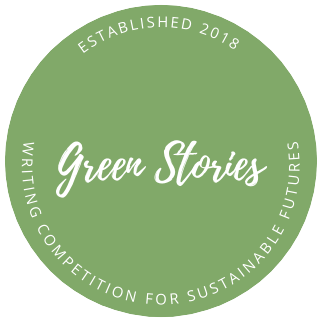
Our clean vs green competition attracted a large number of entrants and we were delighted with the standard of entries.
Congratulations to Jenni Clarke for writing the winning story ‘Mostly for You, an engaging romance about a crisis of conscience for a professional cleaner who discovers many of the harsh detergents she uses can have negative effects on personal health and the environment, especially when used in large quantities.
We’d also like to acknowledge the runner-up, Eleanor Rycroft for her story, ‘What Lives in the Ice.’ The theme of protecting the friendly bacteria that keep our skin healthy was beautifully woven in with themes of grief and starting afresh.
Another runner-up we’d like to acknowledge is ‘The Smell of Success,’ by Catherine Kerr, which highlights how marketing plays on our fears to encourage us to buy beauty, skin and cleaning products that can do more harm than good.
This clean vs green competition was a little unusual as we ran it as part of a research project to explore whether asking writers to write stories that correct misinformation about cleaning would affect behaviour. We asked a health scientist and microbiologist Dr Sandra Wilks to highlight the most common misconceptions that can lead to over-cleaning or over-use of quite toxic products. The key point was that bacteria need to be distinguished from viruses and most bacteria are protective of our health, therefore over-use of products that misleadingly claim to kill 99.9% of bacteria, if true would not be good for our health.
Cleaning, as well as being problematic in health terms, is also bad for the environment, as it often results in using harsh chemicals and too much hot water which has a high carbon footprint. Our goal is to encourage readers to use more natural cleaning products (bicarbonate of soda, white vinegar, lemon juice, probiotic cleaners) which are cheap and effective alternatives, and wash clothes, hair and skin at lower temperatures and only when needed.
